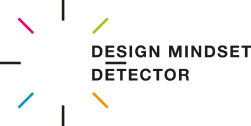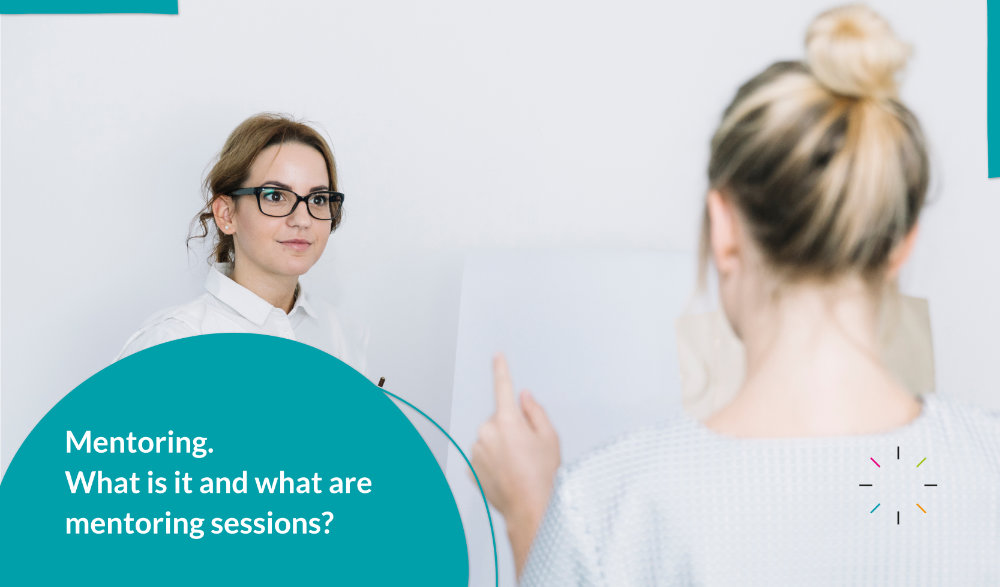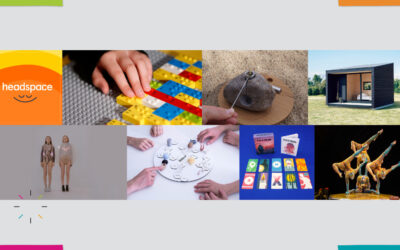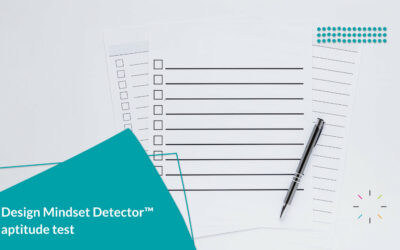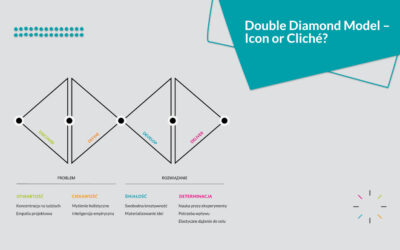Mentoring is undoubtedly one of the most effective tools in the world of business, academia, and personal development, but what exactly does this term mean? In the simplest terms, mentoring is a process where an experienced person (mentor) shares their professional knowledge and experience with a less experienced person (mentee). However, this process is much more complex than it might seem at first glance.
Quick Links
What is mentoring?
Mentoring is a process in which a more experienced person, called a mentor, shares their knowledge, skills, and experience with someone who wants to develop and gain new experiences (mentee). It is not just about teaching and transferring practical knowledge but also about a relationship that promotes mutual trust, respect, and personal and professional growth. In mentoring, the mentor supports the mentee in achieving specific goals, helps develop new skills, advises in difficult situations, and stimulates creative thinking and independent problem-solving. The mentor is usually someone who has faced similar challenges, making it easier to understand the mentee and support them in striving for success.
What are mentoring sessions?
Mentoring sessions are meetings aimed at supporting the mentee by the mentor. They are a key element of the mentoring process, during which the mentor shares their knowledge and experience, helps achieve goals, develop skills, and advises in various situations. This is a time during which the mentor and mentee can focus on specific problems, challenges, and goals, discuss progress and future plans, and exchange opinions and insights.
Design Mindset Detector mentoring sessions are 90-minute meetings focused on discussing professional predispositions with the Design Thinking methodology. During these meetings, the mentee has the opportunity to review the results of the predisposition test, which helps in better understanding their strengths and areas for improvement. Development goals and action plans are also discussed, helping to develop specific areas of the Design Mindset. This allows the mentee to focus on specific areas that need development, and the mentor can tailor their support to the individual needs and goals of the mentee.
Benefits of mentoring sessions for the mentee
Mentoring sessions bring many benefits to those who receive the support and experience of a mentor. Among them are:
- Knowledge and experience: The mentee has access to valuable knowledge and experience from the mentor, which accelerates their professional and personal development.
- Skill development: During mentoring sessions, the mentee has the opportunity to develop new skills and improve those they already possess.
- Support and motivation: The mentor is a source of support, both emotional and professional. They can motivate, help overcome difficulties, and serve as a positive role model.
- Networking: The mentor can share their network of contacts, which can bring benefits in the form of new professional opportunities.
- Self-improvement: Mentoring sessions help the mentee better understand their strengths and areas for improvement. By reflecting on their actions and behaviors, the mentee learns self-improvement.
Mentoring is a process where the mentor shares their knowledge and experience with another person. The goal is to support the personal and professional development of the mentee. Mentoring meetings, called sessions, are a key element of this process, during which the mentor and mentee discuss the mentee’s goals, challenges, and further development opportunities.
Want to check your predispositions for working with Design Thinking and participate in a mentoring session? Sign up today – Design Mindset Detector™.
